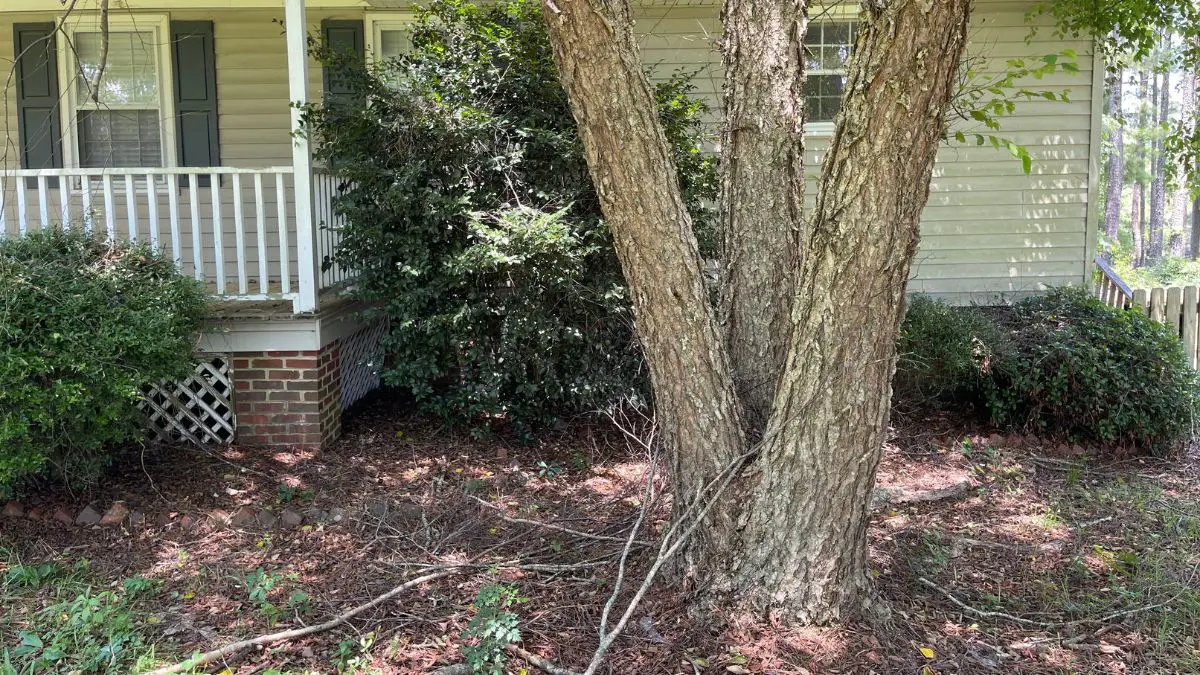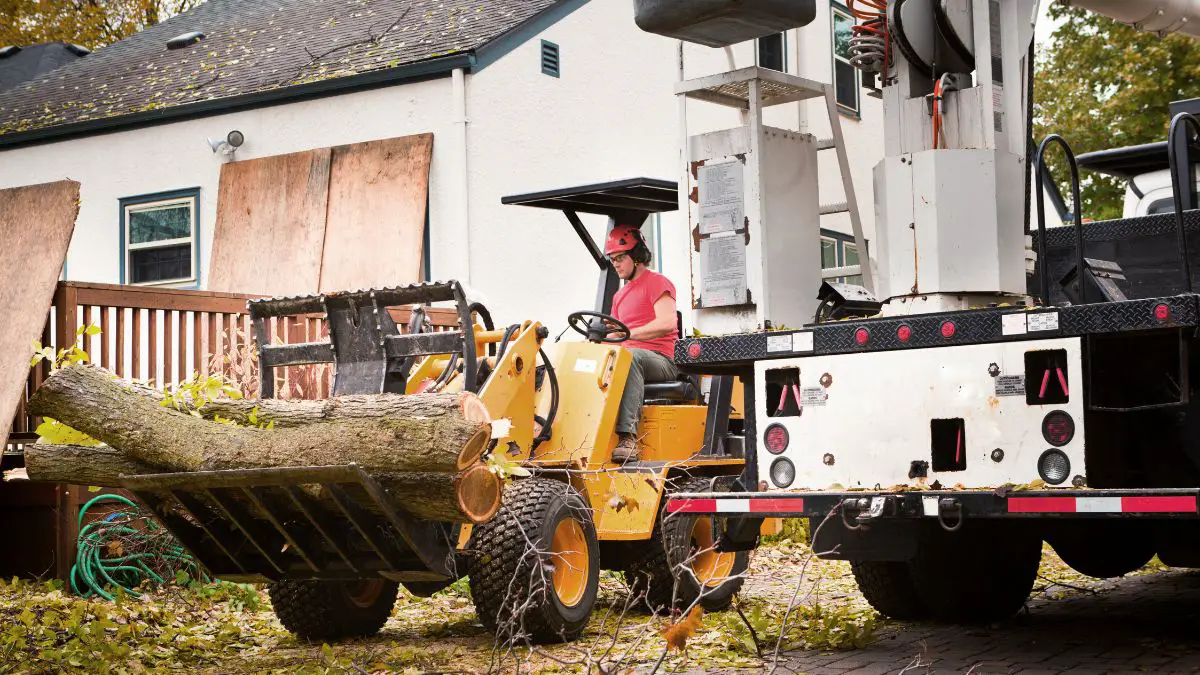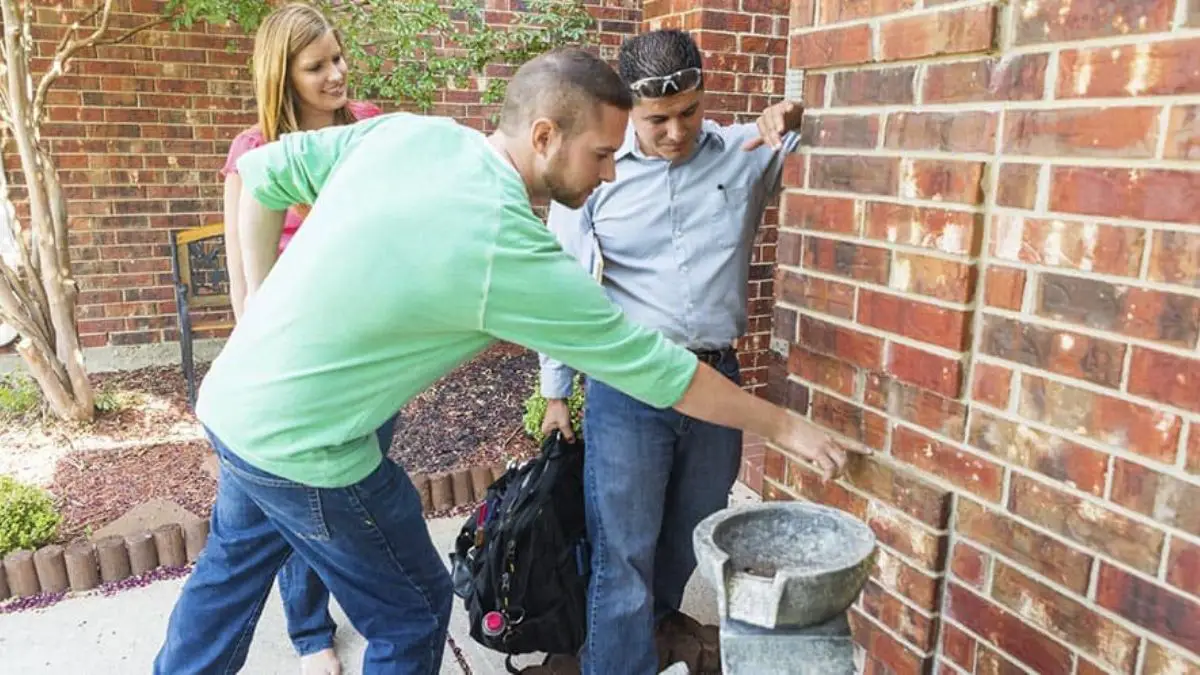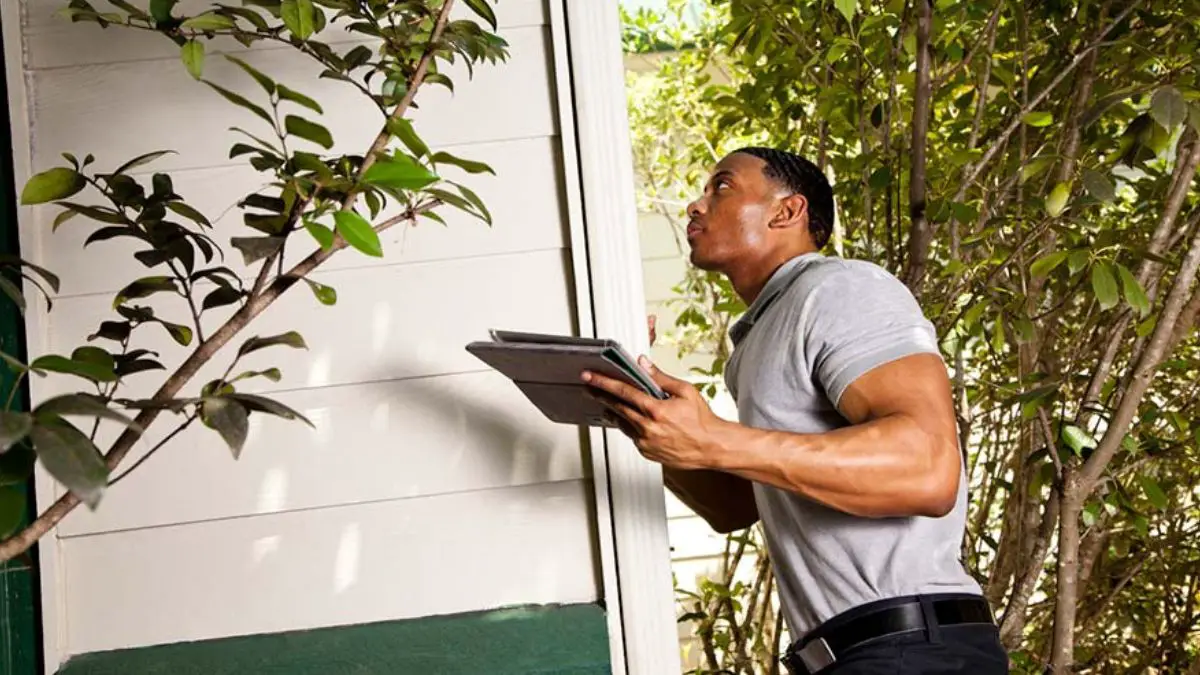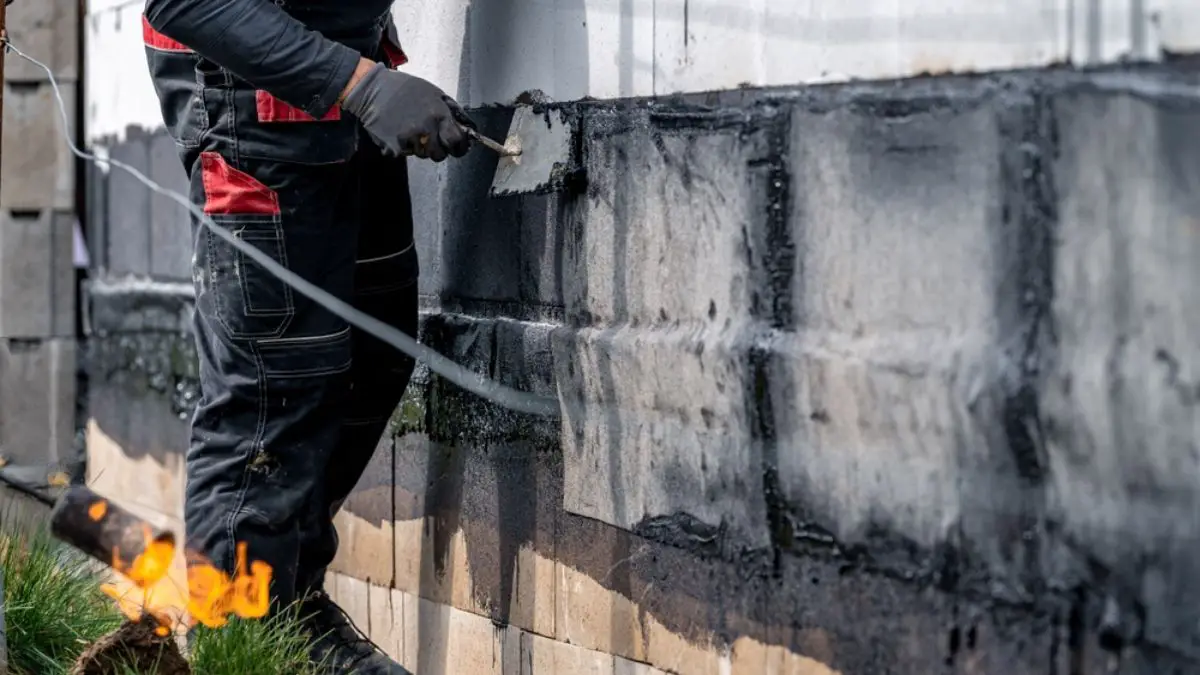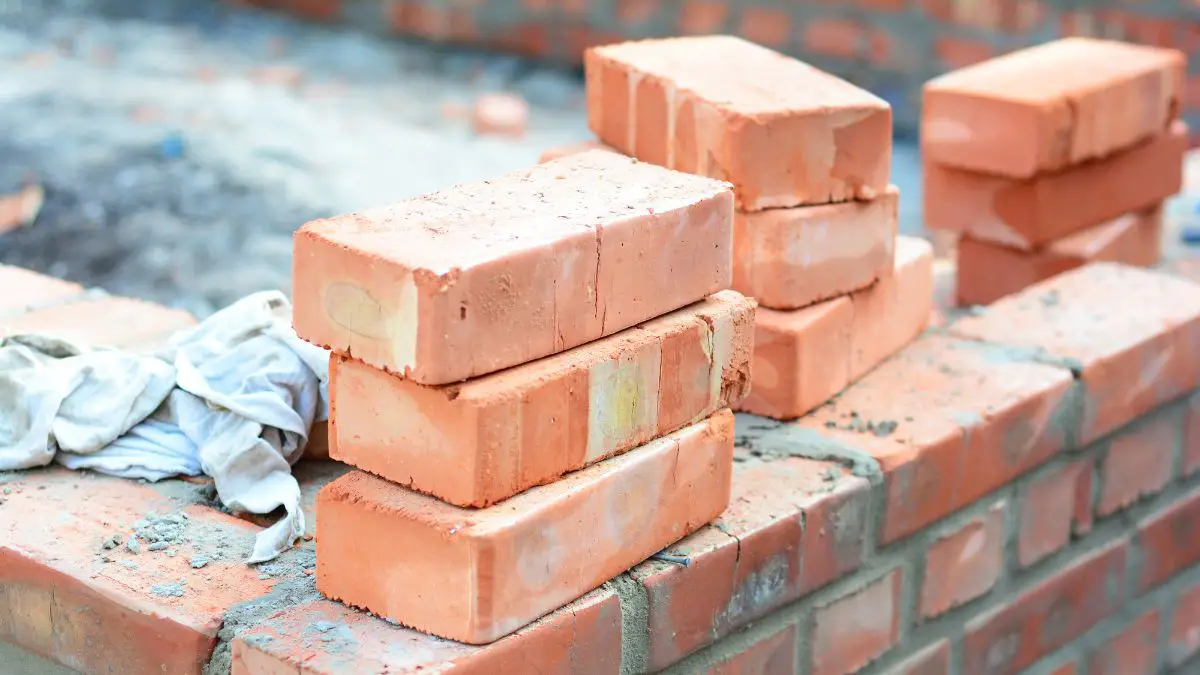The foundation is part of a building that supports its weight and transfers it to the ground below. Foundation problems occur when there are issues with this critical support system and will manifest as cracks, uneven floors, and sinking foundations.
Foundation problems can be an expensive issue to fix, potentially leading buyers to ask themselves, “Will a bank finance a house with foundation problems?”. The answer is not always straightforward, as it depends on several factors.
Banks want to avoid financing properties that have significant issues, and foundation problems are no exception. Factors that banks consider when deciding are the severity of the foundation problem, the appraisal value of the property as well as the credit score and financial history of the borrower.
To increase your chances of getting financing for a house with signs of foundation damage, hire a professional inspector and ask for written documentation. Get multiple estimates from contractors and improve your credit score and financial history.

3 Factors that Determine Will a Bank Finance a House with Foundation Problems
There are 3 main factors that ultimately determine will a bank finance a house with foundation problems. It is important to thoroughly assess these factors before moving forward with a home purchase to ensure that financing will be secured.
1. The Severity of the Foundation Problem
The main factor that a bank considers when deciding whether to finance a house with foundation damage is the severity of the foundation problem. There are many types of foundation problems, ranging from minor cracks to major structural issues. Banks will typically require an inspection by a professional engineer or licensed contractor to determine the extent of the problem.
If the foundation problem is minor and can be easily repaired, then banks are willing to finance the purchase of the house. But if the foundation problem is severe and requires extensive structural repairs or even rebuilding, banks will be less likely to finance it.
2. Appraisal Value of the Property
The appraisal value of the property is another factor that banks consider when deciding. An appraisal value is an estimate of how much the property is worth based on its condition, location, and other factors.
If a house has foundation problems, it can lower its appraisal value significantly since it can be costly to repair. If repairs are not made quickly, these foundation problems could lead to different types of damage, such as water damage or mold growth, which would further decrease property value.
Banks also look at how much it will cost to repair the foundation problem when determining whether they are willing to finance a house. If repairs are too costly compared to what they think they can sell it for after updates are made, then banks will not lend money for a purchase.
3. Credit Score and Financial History of the Borrower
Banks also take into account borrowers’ credit scores and financial history when deciding whether or not they would fund a request for financing a property with foundation problems.
A good credit score indicates that borrowers have been responsible for paying back their debts in past situations; however, a good credit score doesn’t guarantee financial stability for future debt.
If a borrower has defaulted on any previous loans, banks will not lend them money for this particular investment.
Possible Scenarios for Financing a House with Foundation Issues
Financing a house with foundation problems is a daunting task for any homeowner. Whether you are looking to buy a new home or are considering selling your current property, understanding the possible scenarios for financing can help you make informed decisions.
Here are some of the financing options available so that you can make the best choice for your unique situation.
Full Financing: Breaking Down the Costs
In full financing, the bank will finance the entire amount needed for the foundation repair project. In exchange for this level of support, the borrower will have to agree to pay a higher interest rate. The reason for this is simple: banks view houses with foundation problems as more risky investments.
The high-interest rate helps to offset some of that risk for the bank. The borrower must be willing to accept this trade-off if they want full financing.
Important Note
Full financing does not mean that the borrower can ignore their responsibility to maintain the property. The borrower will still need to keep up with regular maintenance tasks and take care of any future repairs that may arise.
Partial Financing: Weighing Your Options
In partial financing, the bank only finances a portion of both purchasing and repairing costs, leaving some portion on the borrower’s shoulders.
It is up to the lender and borrower to determine how much each party will contribute toward fixing any major foundation issues before closing on the home purchase agreement. A common arrangement involves splitting repair costs 50/50 between the lender and the buyer.
Partial financing is attractive because it allows buyers who cannot afford full repairs at once or those who lack the creditworthiness necessary for mortgage approval under traditional loan programs.
Important Note
Borrowers should be aware of higher upfront costs associated with partial repair work or temporary fixes when choosing this route.
Other Means of Payment
Borrowers can also consider using standard loans to finance foundation repairs, which can help them secure a mortgage for a house with foundation problems.
- Payment plans: Some foundation repair companies offer payment plans that allow homeowners to spread out the cost of repairs over a period of time (monthly payments as payment terms). It is more manageable to cover the expenses while still obtaining financing for the house.
- Government-backed loan/Nonprofit Organization: The U.S. Department of Housing and Urban Development (HUD) offers the Title 1 Property Improvement Loan Insurance Program, which can finance the rehabilitation of properties, including foundation repair. The Department of Agriculture provides Single Family Housing Repair Loans & Grants (Section 504 Home Repair program) for very low-income homeowners with financing issues to make repairs and improvements to their homes.
- Home equity loan: Homeowners with significant equity in their property should consider applying for a home equity loan, which allows them to borrow against the value of their home. This loan can provide the necessary funds for foundation repairs and is easier to obtain as it is secured by the property itself.
- Home equity line of credit (HELOC): Similar to a home equity loan, a HELOC allows homeowners to access funds based on the equity in their property. With a HELOC, borrowers have lines of credit that they draw from as needed, making it a flexible option for financing foundation repairs.
- Homeowners insurance coverage: Utilizing coverage from homeowners insurance policies, which may offer financial assistance for foundation repairs caused by specific perils or events.
How to Increase Chances of Getting Financing for House with Foundation Problems
There are steps that potential buyers can take to increase their chances of obtaining financing for houses with foundation problems.
Here are some of the effective strategies that help increase the chances of obtaining financing for an entire house with common foundation issues, enabling buyers to navigate this challenging situation with confidence:
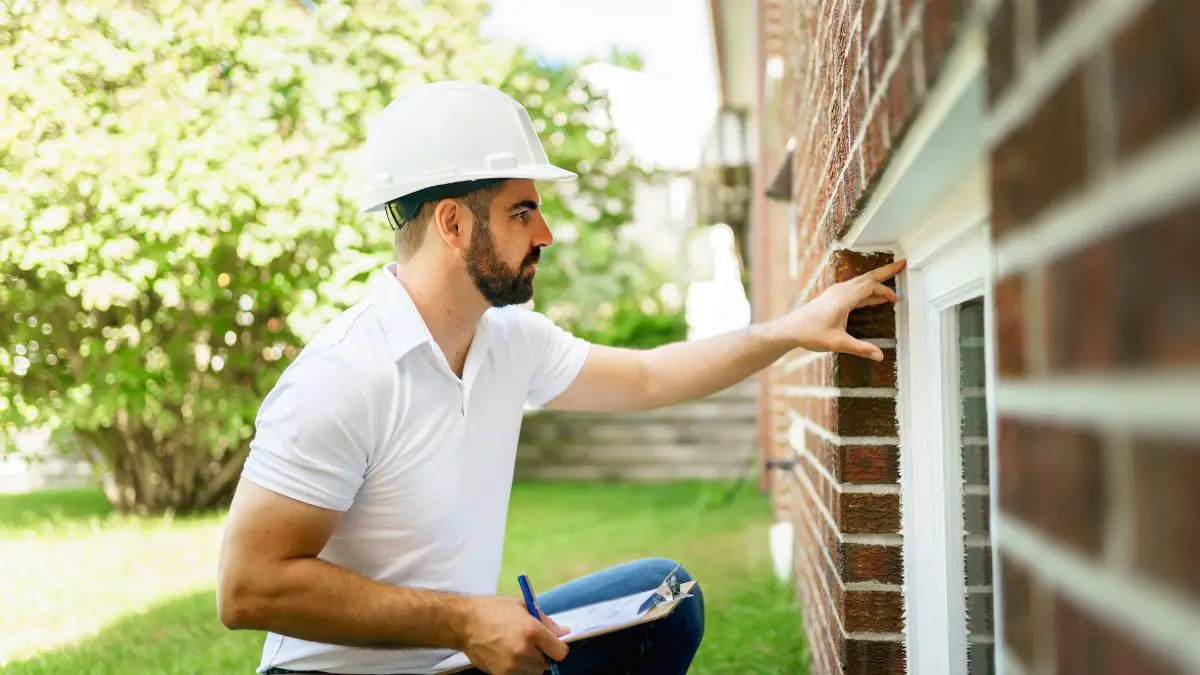
Hire a Professional Inspector
One way to increase your chances of getting financing for a house with foundation problems is by hiring a professional inspector.
The inspector will determine the severity of the foundation problem and provide written documentation that will be included in the appraisal report, which is an essential aspect of securing financing. The report includes the cost estimates for repairs needed, which provides an idea of how much more money is needed, if any.
Get Multiple Estimates from Contractors
Getting multiple estimates from qualified contractors gives you an idea of how much it would cost to repair your foundation problems. Having this information available helps you decide whether or not to move forward with purchasing a house with potential foundation issues.
It also gives you bargaining power when negotiating terms with banks or other financial institutions.
Improve Your Credit Score and Financial History
A good credit score and financial history improve your chances of getting financing as banks consider debt-to-income ratio, employment history, credit score, and payment history when evaluating the loan application process. Improving these factors before applying for financing increases the likelihood that a bank approves your application.
Will A Bank Finance A House With Foundation Problems FAQs
How much less to offer on house with foundation issues?
House prices with signs of foundation issues are typically reduced by 10-20% of their value.
Can a house with a bad foundation be saved?
Whether a house with a bad foundation can be saved depends on the extent and nature of the damage. In some cases, extensive repairs or foundation replacement are necessary, making it more challenging to save the existing structure.
Will FHA finance a home with foundation issues?
Yes, FHA (Federal Housing Administration) may finance a home with foundation issues, but it will depend on the severity of the problem and whether it meets FHA’s minimum property standards.
Is It OK to buy a house with repaired foundation?
Buying a house with a repaired foundation can be acceptable as long as major repairs are done properly and the foundation is stable. It is important to thoroughly inspect the repairs and obtain documentation from reputable professionals.
Is it safe to live in a house with foundation problems?
No. Living in a house with foundation problems can pose safety risks. It is recommended to have a professional evaluation to assess the safety of the structure before making a decision.
Is the $30, 000 foundation repair cost, reasonable?
The reasonableness of a $30,000 foundation repair cost depends on various factors, such as the extent of the structural damage, the size of the property, and the location. It is advisable to obtain multiple quotes and compare them to ensure a fair price.
How common are foundation problems?
Foundation problems are relatively common in some regions, with estimates suggesting that around 25% of homes in the United States experience some form of foundation issues.
When to walk away from foundation issues?
It is advisable to walk away from foundation issues if the repairs would exceed the cost savings of 10-20% or if the structural integrity of the house is severely compromised.
I bought a house with foundation problems. What to expect next?
Arrange for a foundation inspection to assess the extent of the issues and plan for necessary repairs. Promptly addressing the foundation problems is crucial to prevent further damage and ensure the long-term stability of your new home.
Bottom Line
Buying a property with foundation issues is challenging but not impossible as long as you take certain steps to increase your chances of securing financing. Conducting thorough research on different types of foundations and their specific issues can help in determining what type(s) of damage might exist in the property being considered for purchase.
This also enables better planning during negotiations so that all parties are aware upfront about what needs fixing before the closing day arrives!


